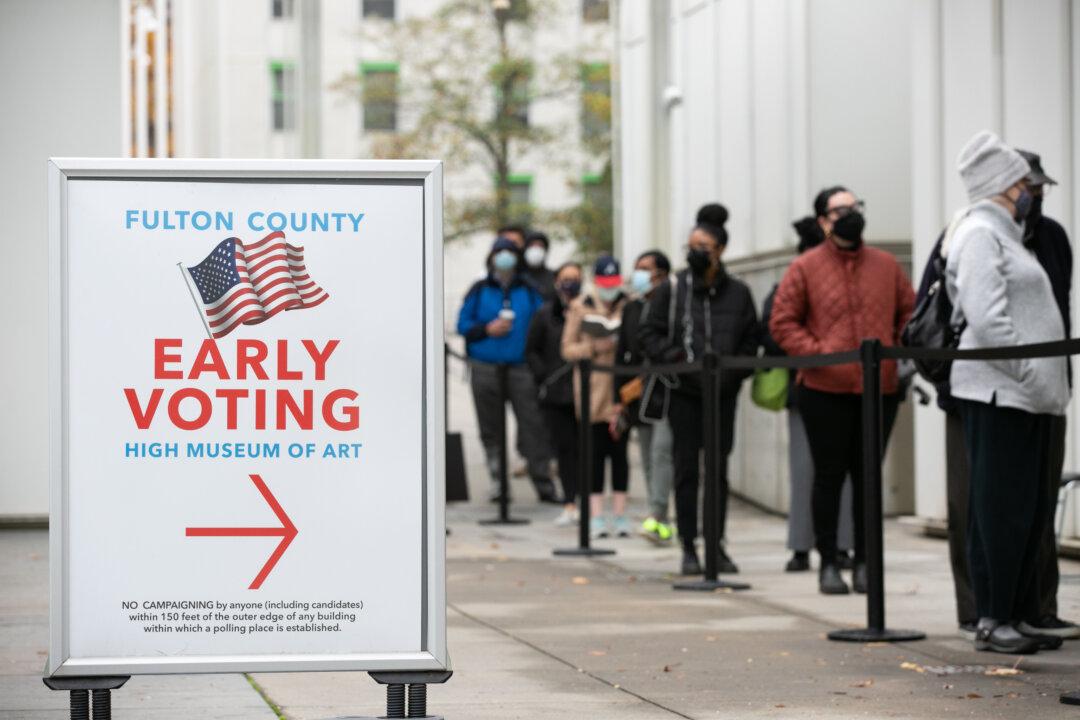Nearly three-quarters of Americans agree that voters should show photo identification before being allowed to vote, an Associated Press poll suggests.
Seventy-two percent of Americans participating in the survey, conducted between Mar. 26 and 29, said they are in favor of requiring all voters to provide photo ID in order to vote. Another 14 percent said they neither support nor oppose the measure, while the remaining 13 percent said they are against such a requirement.





